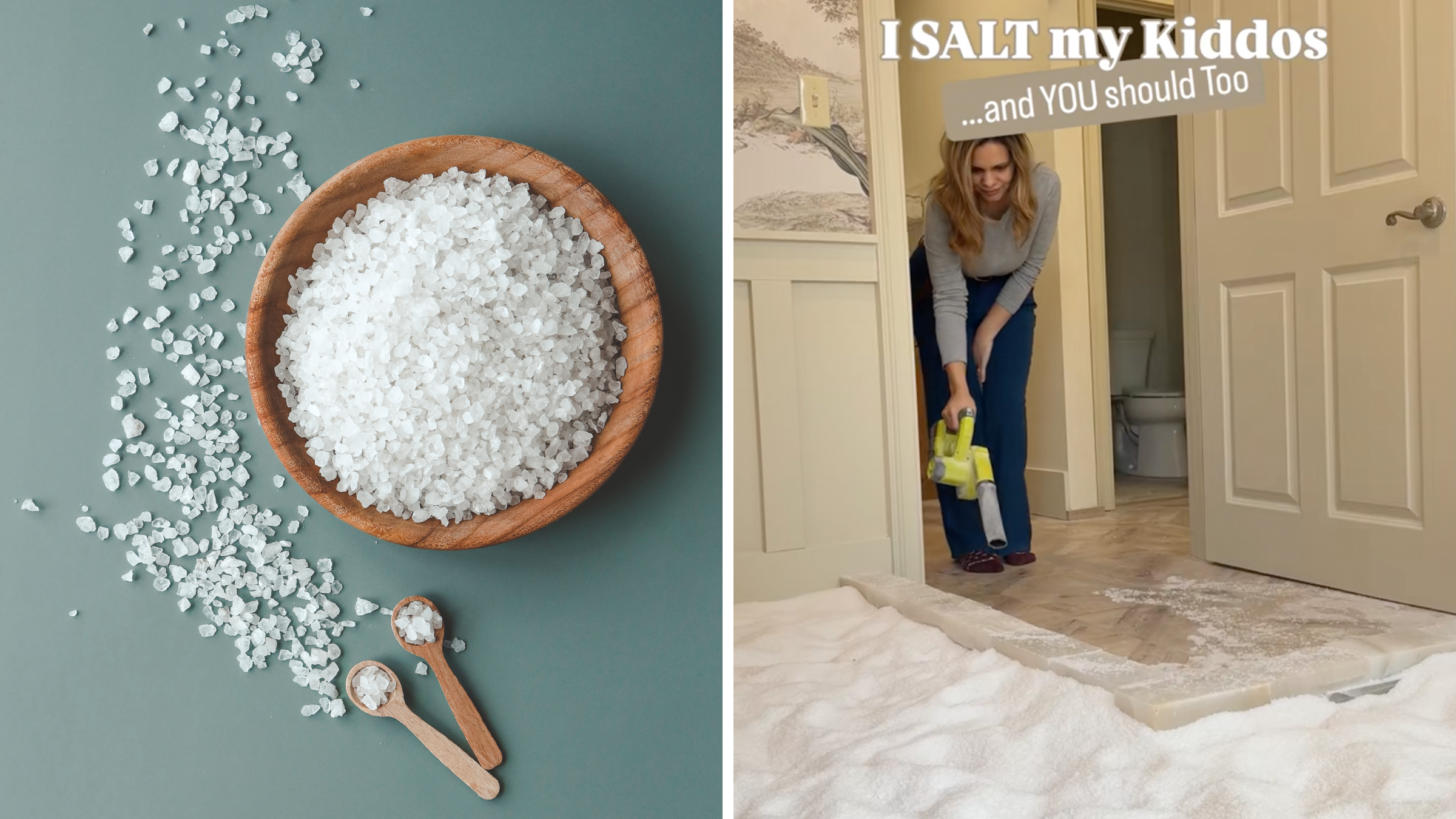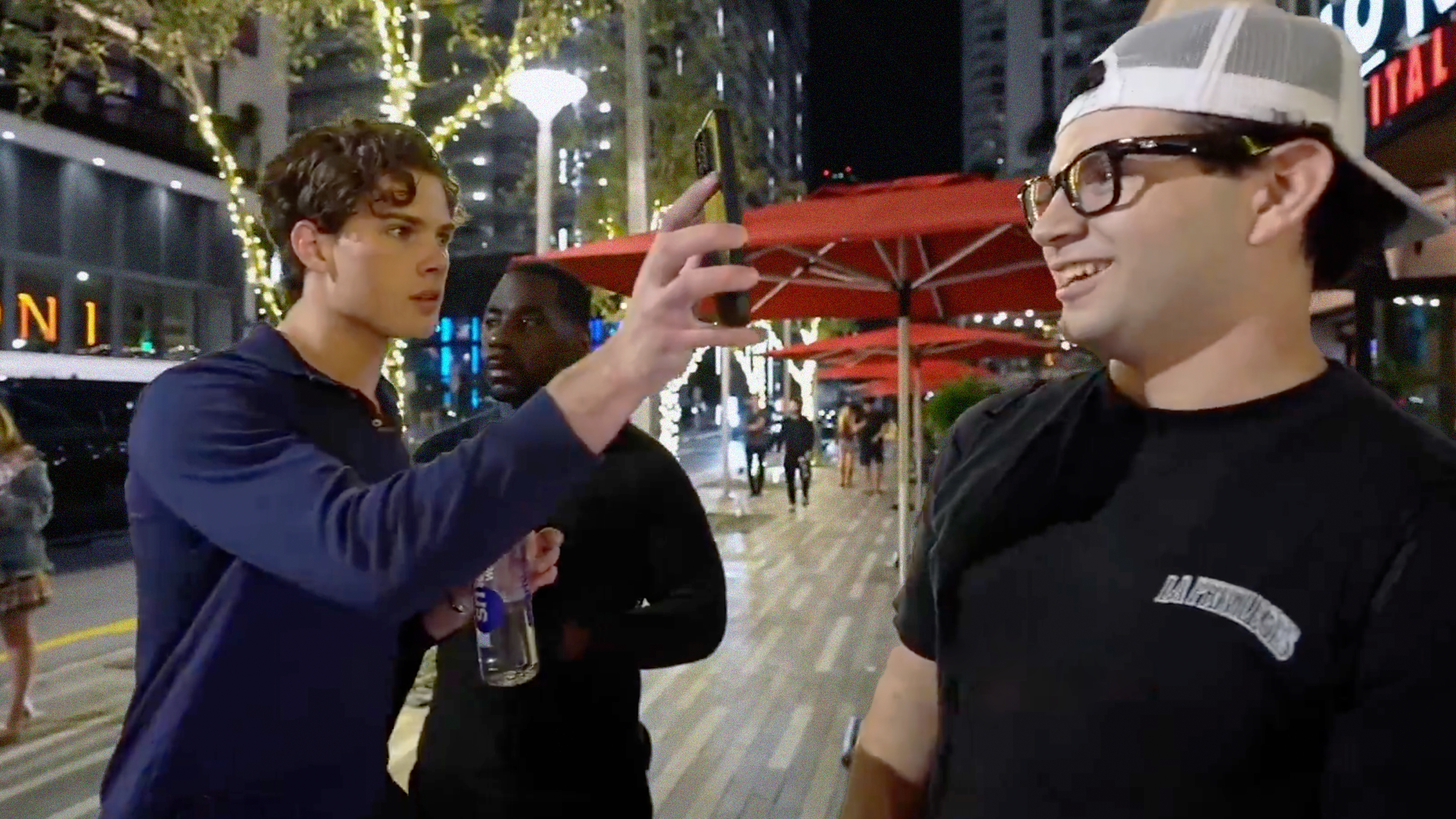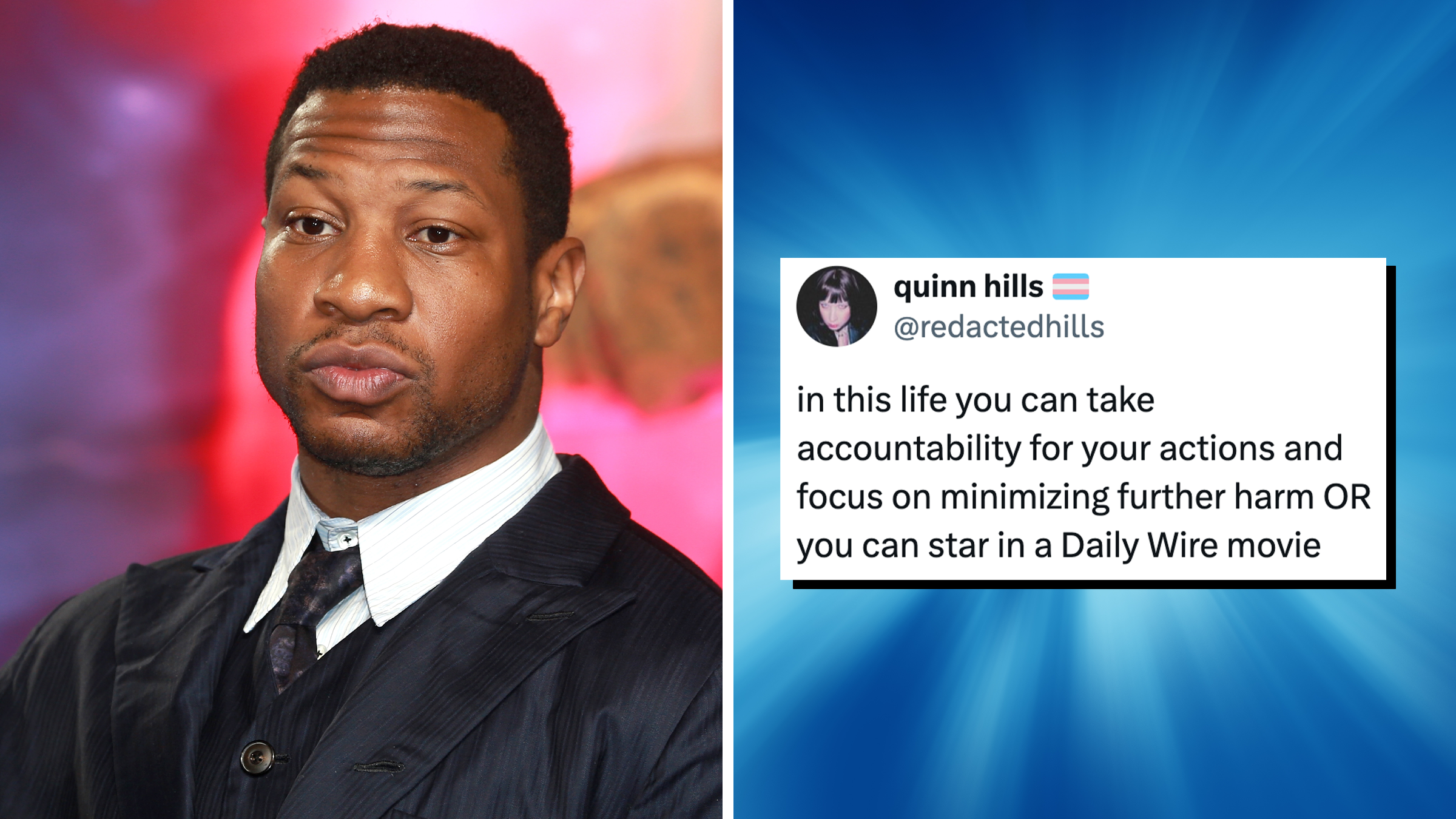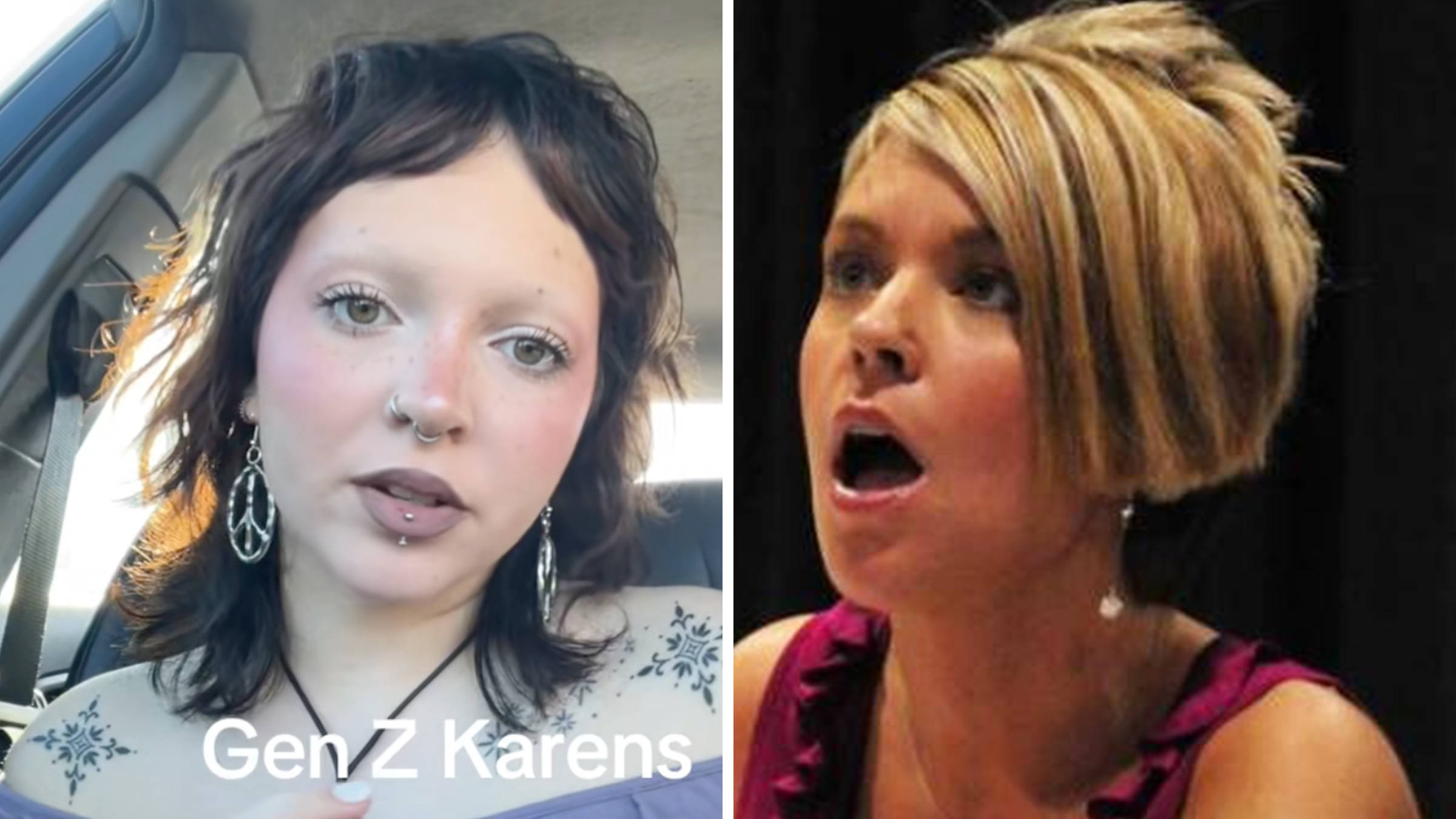Ginger ale may not be as natural as it seems, according to a lawsuit filed against ginger ale giants Canada Dry and Schweppes.
The lawsuit accuses them of falsely advertising their drinks as having natural flavors.
Ginger ale is beloved as a soda, and in times of stomach trouble, it doubles as medicine for many.
But doctors have long pointed out that ginger ale (and its cousin, ginger beer) doesn't contain natural ginger, just artificial flavoring. Even if it did have natural ginger, it isn't enough to have any health benefits.
Now a class action lawsuit is looking to make Canada Dry and Schweppes fess up to false advertising.
Why is Canada Dry Ginger Ale currently in a lawsuit?
In a viral video with more than 1.8 million views, Harvard University-trained lawyer Angela (@thelawyerangela) shares that a new class action lawsuit was filed against Canada Dry or Schweppes for all their ginger ale flavors, including plain, diet, raspberry, grape, black cherry, lemonade, and cranberry.
"The lawsuit alleges false advertising, negligent misrepresentation, and all sorts of fraud claims," Angela says.
And here's a potentially not-so-fun fact: When you choose Canada Dry or Schweppes, thinking your loyalty to one has any kind of impact on their competitive edge in the market, think again. They're owned by the same parent company, Keurig Dr Pepper Inc., which is who's especially getting sued.
Angela explains that there are state and federal laws that require product packaging to state it has artificial flavors.
"Not only do these drinks not have that label, but many of these have actually had the label 'natural,'" Angela says.
The suit specifically calls out the use of malic acid as an ingredient, a component found in fruits that gives a sour taste. While there is natural and synthetic malic acid in the beverage, the lawsuit alleges the use of the synthetic version because it's cheaper.
The lawsuit alsoalleges that the company knew what it was doing and "willfully mislabeled the drinks," so they're asking for damages for anyone nationwide who bought their ginger ale.
Previous lawsuit
This isn't the first time ginger ale has faced controversy.
In 2019, Canada Dry Ginger Ale reached a $11.2 million settlement to resolve claims that their ginger ale doesn't contain real ginger, Top Class Actions reported.
The lawsuit alleged that consumers paid a premium on the soda especially because they thought it had ginger, which is known for health benefits like stomach calming. But the lawsuit claims that in actuality the soft drink only has flavors that imitate ginger, but don't have ginger itself, negating any possible health benefits.
Because of this settlement, Canada Dry will have to be more specific with how they talk about ginger in relation to their product, needing to use words like “taste,” “extract,” or “flavor” when representing "ginger" as an ingredient.
If you're looking for a big payout from this lawsuit, think again. The settlement has two tiers of compensation.
- Tier 1 provides 40¢ per unit (can) for up to 13 units, meaning up to $5.20 per household.
- Tier 2 provides the same 40¢ per unit but allows up to 100 units, meaning up to $40 per household.
@thelawyerangela Send this to your friends who ❤️ ginger ale #canadadry #schweppes #gingerale #soda #classaction #lawsuit #lawyer #ginger #beverage #drinktok #drink #drpepper #health #healthyliving
♬ original sound - ? LAWYER Angela ?
Commenters react
"Nahh they owe me money money. Ginger ale is basically our medicine," a top comment read.
"Someone said they would use the money from the lawsuit to buy more ginger ale same," a person joked.
"Not my prescription!!! 2024 has taken everything from me," another added.
"My ginger ale addiction is about to pay off," a commenter said.
The Daly Dot reached out to Angela and Keurig Dr. Pepper for comment via email.
Internet culture is chaotic—but we’ll break it down for you in one daily email. Sign up for the Daily Dot’s web_crawlr newsletter here. You’ll get the best (and worst) of the internet straight into your inbox.






